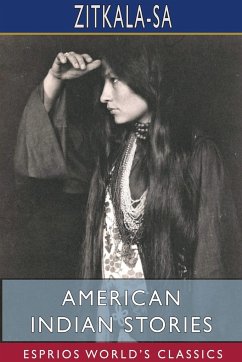Nicht lieferbar

Right Above Race (Esprios Classics)
Versandkostenfrei!
Nicht lieferbar
Weitere Ausgaben:
Otto Hermann Kahn (February 21, 1867 - March 29, 1934) was a German-born American investment banker, collector, philanthropist, and patron of the arts. He was Born and raised in the city of Mannheim, Germany, he started working for Deutsche Bank and, in 1888, was sent to their London office. He became a naturalized British citizen, but in 1893 he accepted an offer from Speyer and Company of New York and went to the United States, where he spent the rest of his life. In 1917 Kahn gave up his British citizenship and became an United States citizen. In 1933, the smooth and affable Kahn successful...
Otto Hermann Kahn (February 21, 1867 - March 29, 1934) was a German-born American investment banker, collector, philanthropist, and patron of the arts. He was Born and raised in the city of Mannheim, Germany, he started working for Deutsche Bank and, in 1888, was sent to their London office. He became a naturalized British citizen, but in 1893 he accepted an offer from Speyer and Company of New York and went to the United States, where he spent the rest of his life. In 1917 Kahn gave up his British citizenship and became an United States citizen. In 1933, the smooth and affable Kahn successfully disarmed antagonism against members of the banking community during four days of testimony before the United States Senate's Pecora Commission hearings into the Wall Street Crash of 1929.





